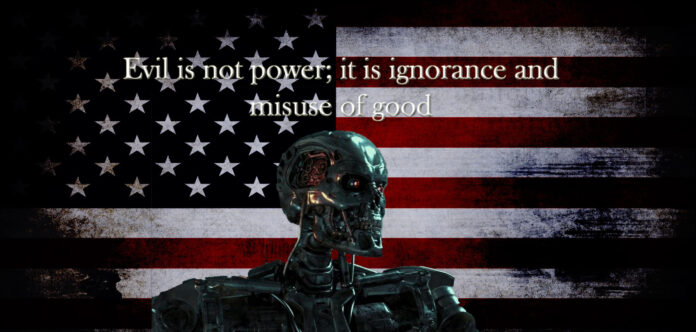One thing I’ve come to appreciate about my UC Davis education is the fact that on some days, even when I’m dead tired, slept through my alarm and missed my first class, I feel like I actually learned something. This may seem like a trite statement; obviously, I “should” be getting something valuable out of the college experience. But I think it’s reasonable to observe the fact that it’s not that simple, that in order to “suck the proverbial marrow from the bones,” as Thoreau said, one has to actually apply themselves.
And so, I’ve been thinking about what this means both in my own life and in the lives of my peers, the people I interact with on a daily basis. Of course, some of these interactions are more significant than others, but what I mean to say here is that I’m hyperconscious of everyone around me on a deep level. I’m constantly comparing myself to the people around me, even if I don’t always feel comfortable admitting it to myself. I find this practice – whether it’s conscious or subconscious – a source of motivation, a kind of healthy competition if swallowed in manageable doses.
As a writer who is obsessed with observing human behavior and studying our interactions, I’m enthralled by the variety of perspectives, opinions, learning styles and ideologies I’m surrounded by. I don’t mean to get all sappy and sentimental here, I just want to publicly express the frequency of the “holy $%#&” moments I have, when I’m just totally in awe of everything and everyone around me.
It was during one of these “holy $%#&” moments recently when I started thinking about what it’d look like to compile and archive the content of every college classroom around the globe. I imagined how the experience of the college classroom could be virtually replicated in such a way as to allow anyone in the world with an Internet connection to access it. Clearly, there are a lot of pros and cons about this idea, namely the growing demand for universal access to higher education, but also the political and bureaucratic implications of this. The relationship, for instance, between corporate power structures and the institutions that fund them is of particular interest to me when it comes to imagining a society where education is universal and publicly available.
I’m starting to see more of these connections, the invisible links that shape our worldviews and that only the badass professors on our campus have the courage to openly talk about. Why is it that, in a technologically saturated world where the accumulation of knowledge has become wholly accessible via a smartphone, students and their families pay for a brand rather than the quality of learning of itself? That just seems so crazy to me, and it’s not just because I’m from a working class family that can’t afford an Ivy League education.
What I’m curious about is what those other spaces look like and how the experience of learning translates into transferrable goods among their student populations. Like, how cool would it be to access a site that live-streamed an MIT lecture on comparative media, or a seminar at John Hopkins on organic chemistry? By limiting access to institutions of higher ed based off a student’s prior academic performance, socioeconomic status and promise of achievement, the division between education and social progress is intensified. This is because the uneven distribution of our nation’s wealth, coupled with a lack of transparency among school administrations, leads to bigger problems that ultimately have a negative effect on student learning.
It follows that a digital world requires an educated and well-equipped citizenry to support it. So why are we still falling behind?
What does the university of the 21st century look like in your opinion? Drop me a line at wmdavis@ucdavis.edu.
Graphic by Sandra Bae.




